Dolomite is usually compared vs crushed stone due to its similar properties. Dolomite is a sedimentary rock resulting from contact of limestone and lime clay with magnesium-rich groundwater. However, the rock is very similar to limestone in composition and also in the color scheme. It is also called dolomite, because of the confusion that can occur with the mineral dolomite, which is an important part of the stone’s composition. However, this confusion should end, as dolomite is not as hard and resistant as quartzite nor as soft and brittle as marble. The physical properties of dolomite useful in identification are presented in the table on this page. 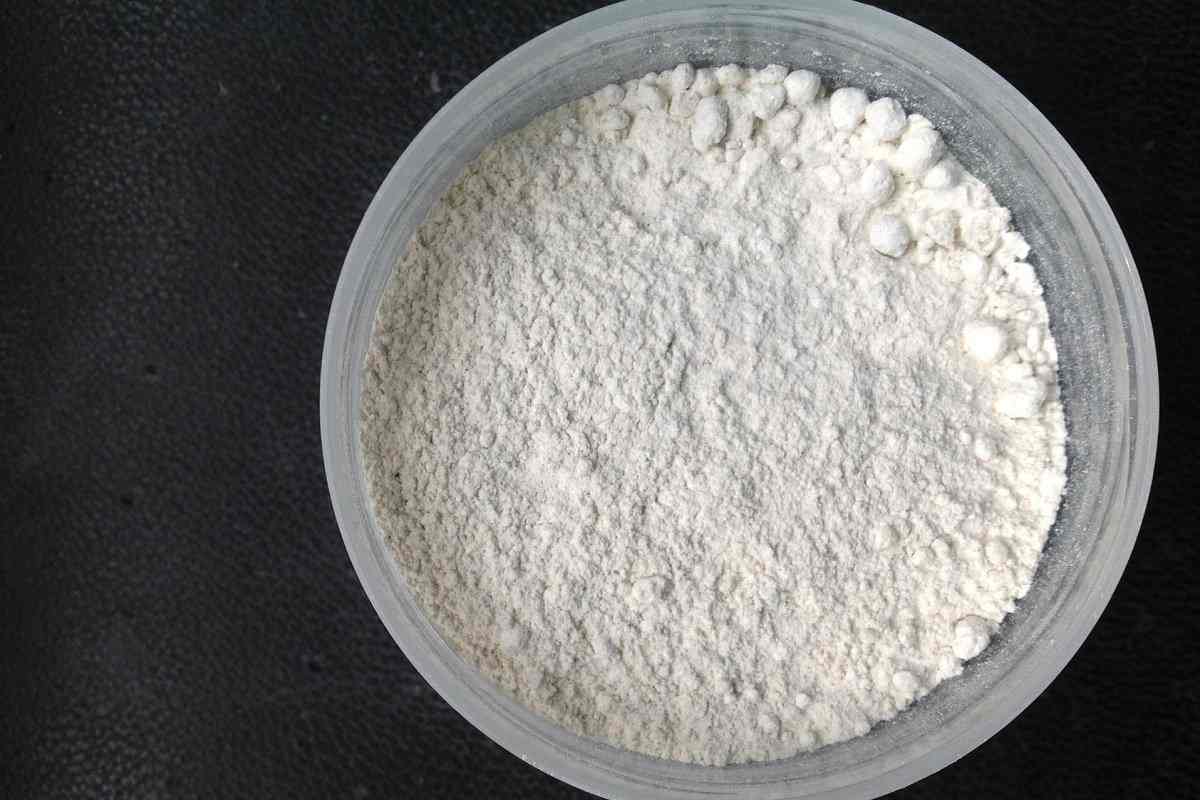 Dolomite has three perfect cleavage directions. This may not be evident when dolomite is soft. However, when it is crystalline dense, the split angles can be easily observed with a magnifying glass. Dolomite has a Mohs hardness of 3 1/2 to 4 and is sometimes found in rhombic crystals with curved faces. Dolomite reacts very weakly with cold and dilute hydrochloric acid; however, if the acid is warm or if the dolomite is powdered, a much stronger acid reaction will be observed. (Dolomite powder can be easily produced by scratching it on a scratched slab. Dolomite serves as a host rock for many leads, zinc, and copper deposits. These deposits form when hot acidic hydrothermal solutions travel from the depths through the rifting system facing the dolomite rock unit. These solutions react with dolomite, causing a low pH that causes minerals to precipitate from the solution. Dolomite also serves as a shale reservoir for oil and gas. During the conversion of calcite to dolomite, a decrease in volume occurs. This can result in porous areas in the rock that can be filled with oil or natural gas that migrates when released from other rock units. This makes dolomite a reservoir rock and a target for oil and gas exploration. Crushed concrete can be used in different conditions. It is used by homeowners, contractors, and landscape engineers as a handy material for general problem solving, such as creating a driveway base, garden beds, or general construction purposes. Crushed concrete is a popular driveway paving choice for many homeowners. Like gravel, crushed concrete consists of very small pieces of concrete that have been crushed and ground to create a material suitable for paving.
Dolomite has three perfect cleavage directions. This may not be evident when dolomite is soft. However, when it is crystalline dense, the split angles can be easily observed with a magnifying glass. Dolomite has a Mohs hardness of 3 1/2 to 4 and is sometimes found in rhombic crystals with curved faces. Dolomite reacts very weakly with cold and dilute hydrochloric acid; however, if the acid is warm or if the dolomite is powdered, a much stronger acid reaction will be observed. (Dolomite powder can be easily produced by scratching it on a scratched slab. Dolomite serves as a host rock for many leads, zinc, and copper deposits. These deposits form when hot acidic hydrothermal solutions travel from the depths through the rifting system facing the dolomite rock unit. These solutions react with dolomite, causing a low pH that causes minerals to precipitate from the solution. Dolomite also serves as a shale reservoir for oil and gas. During the conversion of calcite to dolomite, a decrease in volume occurs. This can result in porous areas in the rock that can be filled with oil or natural gas that migrates when released from other rock units. This makes dolomite a reservoir rock and a target for oil and gas exploration. Crushed concrete can be used in different conditions. It is used by homeowners, contractors, and landscape engineers as a handy material for general problem solving, such as creating a driveway base, garden beds, or general construction purposes. Crushed concrete is a popular driveway paving choice for many homeowners. Like gravel, crushed concrete consists of very small pieces of concrete that have been crushed and ground to create a material suitable for paving.  There are many reasons why a person might want to use crushed concrete in their driveway, but there are also a few reasons why you might want to stay away from it. If you’re interested in this popular paving material, let’s review some of the pros and cons of crushed concrete driveways. When concrete is demolished, it can be put in a landfill to stay there forever, or it can be recycled. Concrete is not biodegradable, so to get the most out of it you have to recycle it. The demolished concrete is sent to a recycling plant where it can be crushed, cleaned of impurities, and finally made suitable for reuse. It can be added as a topping when making new concrete, or it can be crushed and sold in the same way as loose gravel. The crushed concrete you buy for a driveway is recycled from old paving projects. What are the benefits of using crushed concrete in a driveway? The price is the main advantage of the use of this crushed concrete. Since it is a recycled material, it costs much less than freshly poured concrete. It is also much more affordable than natural stones. Environmental friendliness is another great benefit of crushed concrete. Using these materials helps slow down the production of new concrete and also saves landfill space. It prevents demolished concrete from settling around a space and putting it to good use. Depending on how you install it, it is also hackable. This helps stormwater flow and puts less pressure on local storm systems. This material is also known to be very versatile and can be used in conjunction with other paving materials. For example, if you like the look of natural stone or fresh concrete, you can use crushed concrete to create the base of your driveway and install your favorite surfacing material on top. This uses less expensive material and adds some patency to your driveway, depending on how it’s designed.
There are many reasons why a person might want to use crushed concrete in their driveway, but there are also a few reasons why you might want to stay away from it. If you’re interested in this popular paving material, let’s review some of the pros and cons of crushed concrete driveways. When concrete is demolished, it can be put in a landfill to stay there forever, or it can be recycled. Concrete is not biodegradable, so to get the most out of it you have to recycle it. The demolished concrete is sent to a recycling plant where it can be crushed, cleaned of impurities, and finally made suitable for reuse. It can be added as a topping when making new concrete, or it can be crushed and sold in the same way as loose gravel. The crushed concrete you buy for a driveway is recycled from old paving projects. What are the benefits of using crushed concrete in a driveway? The price is the main advantage of the use of this crushed concrete. Since it is a recycled material, it costs much less than freshly poured concrete. It is also much more affordable than natural stones. Environmental friendliness is another great benefit of crushed concrete. Using these materials helps slow down the production of new concrete and also saves landfill space. It prevents demolished concrete from settling around a space and putting it to good use. Depending on how you install it, it is also hackable. This helps stormwater flow and puts less pressure on local storm systems. This material is also known to be very versatile and can be used in conjunction with other paving materials. For example, if you like the look of natural stone or fresh concrete, you can use crushed concrete to create the base of your driveway and install your favorite surfacing material on top. This uses less expensive material and adds some patency to your driveway, depending on how it’s designed. 
dolomite concrete
Dolomite and concrete, chemically and minerally speaking, are different in many ways. Dolomite is an anhydrous carbonate mineral composed of calcium and magnesium carbonate, ideally CaMg (CO3)2. Dolomite is mainly used as refractory, tamping, and stabilizing materials in steel foundries, and as casting materials in the blast furnace process in the secondary manufacture of steel and ferromanganese. Dolomite is also used in many fields as a decorative stone and in; Production of glass and cement. Ceramic; Aquatic feeding and treatment of the aquatic environment in the fishing industry. Dolomite rocks with a high manganese content are pink, used as decorative stones, with spiritual elements, which bring health and peace to the user. Dolomite is typically supplied in powder form with particle sizes from 10 microns to 200 microns depending on the application Crushed concrete is an excellent driveway material for families who want to improve the value of their property without breaking the bank and doing heavy installation work. Grayish-white limestone with dark flecks can enhance any landscape while supporting the weight of the vehicle as it drives to the front door or garage. While crushed concrete can improve the aesthetics of a home, there are drawbacks that homeowners need to understand. Learning the pros and cons of the different crushed limestone driveways will allow homeowners to decide whether or not this material is better for them. Concrete, a sedimentary rock, contains mainly calcite or aragonite, which are two forms of calcium carbonate.  It may also contain adequate amounts of dolomite or magnesium carbonate and trace amounts of iron carbonate, quartz, feldspar, clay, magnesium, phosphorous, zinc, copper, and pyrite. Farmers farmers add crushed concrete to their plots and gardens to improve soil nutrition and promote stronger plant growth. When crushed into smaller pieces, limestone can also reduce soil acidity. Large chunks of crushed concrete are ideal for walkways due to limestone’s exceptional hardness and density. See the types of gravel here. Crushed concrete forms the ballast or bed of railroad tracks due to its strength under tension. You can also see crushed limestone in paved and concrete driveways as basic materials. Excellent drainage – Homeowners will never have to worry about their driveways flooding because crushed limestone walkways have spaces between individual rocks that allow water to drain more efficiently. The water naturally seeps into the ground. Ease of Installation – Creating a crushed limestone driveway is as easy as throwing the rocks into a predetermined space, evenly distributing and compacting them to produce a dense, strong surface. On the other hand, asphalt or concrete driveways require more work. Concrete is a dense, solid sedimentary rock made of carbonates and other minerals. While not as compact as concrete or asphalt, crushed limestone driveways can last for generations. That is why it is the preferred material for the construction industry. Attractive – No two types of crushed limestone are exactly alike, creating a beautiful pattern on your driveway.
It may also contain adequate amounts of dolomite or magnesium carbonate and trace amounts of iron carbonate, quartz, feldspar, clay, magnesium, phosphorous, zinc, copper, and pyrite. Farmers farmers add crushed concrete to their plots and gardens to improve soil nutrition and promote stronger plant growth. When crushed into smaller pieces, limestone can also reduce soil acidity. Large chunks of crushed concrete are ideal for walkways due to limestone’s exceptional hardness and density. See the types of gravel here. Crushed concrete forms the ballast or bed of railroad tracks due to its strength under tension. You can also see crushed limestone in paved and concrete driveways as basic materials. Excellent drainage – Homeowners will never have to worry about their driveways flooding because crushed limestone walkways have spaces between individual rocks that allow water to drain more efficiently. The water naturally seeps into the ground. Ease of Installation – Creating a crushed limestone driveway is as easy as throwing the rocks into a predetermined space, evenly distributing and compacting them to produce a dense, strong surface. On the other hand, asphalt or concrete driveways require more work. Concrete is a dense, solid sedimentary rock made of carbonates and other minerals. While not as compact as concrete or asphalt, crushed limestone driveways can last for generations. That is why it is the preferred material for the construction industry. Attractive – No two types of crushed limestone are exactly alike, creating a beautiful pattern on your driveway.  It has subtle, honey tones that can complement the natural green of a garden or lawn bordering a driveway. Some types of limestone have a darker shade for a more dramatic effect. Dolomite is used to make certain types of refractory bricks used in the steel industry. Dolomite is also used as a source of magnesium oxide to make metallic magnesium and for chemical uses, such as the common laxative milk of magnesium. Dolomite limestone and dolomite are mined together with limestone and used for crushed stone and aggregates for making pavements and concrete for construction and as fill material. Dolomite is also used in some cement as a source of magnesium. Of course, dolomite is also used as a mineral sample.45-micron dolomite powder used in the aquaculture industry for water treatment ponds is created to alkalinize water and provides macro and micronutrients for aquaculture feed. Dolomite is a component used as a source of CaO in the manufacture of glass and cement. Dolomite is used in the manufacture of fertilizers, as an additive for fertilizers, soil acidification treatment, alkali formation, and contribution of trace elements to the soil.
It has subtle, honey tones that can complement the natural green of a garden or lawn bordering a driveway. Some types of limestone have a darker shade for a more dramatic effect. Dolomite is used to make certain types of refractory bricks used in the steel industry. Dolomite is also used as a source of magnesium oxide to make metallic magnesium and for chemical uses, such as the common laxative milk of magnesium. Dolomite limestone and dolomite are mined together with limestone and used for crushed stone and aggregates for making pavements and concrete for construction and as fill material. Dolomite is also used in some cement as a source of magnesium. Of course, dolomite is also used as a mineral sample.45-micron dolomite powder used in the aquaculture industry for water treatment ponds is created to alkalinize water and provides macro and micronutrients for aquaculture feed. Dolomite is a component used as a source of CaO in the manufacture of glass and cement. Dolomite is used in the manufacture of fertilizers, as an additive for fertilizers, soil acidification treatment, alkali formation, and contribution of trace elements to the soil. 
dolomite crushed concrete
Dolomite and crushed concrete have different industrial applications. Historically, and even in many cases today, the only way to dispose of a concrete structure such as a road, sidewalk, parking lot, or slab was to destroy it and move the remains to a landfill. While this solves the immediate problem of what to do with concrete, it also creates new problems. By its nature, concrete is not biodegradable. As a result, waste concrete takes up permanent space in landfills, contributing to environmental problems. In addition, it is necessary to make new concrete that consumes resources and increases the existing problem. Dolomite as a mineral has very few uses. However, dolomite has a huge number of uses because it is found in deposits large enough for mining. The most common use of dolomite is in the construction industry. They are crushed and sized for use as highway base materials, aggregates in concrete and asphalt, railroad counterweight, RepRap, or backfill. It is also calcined in cement production and cut into blocks of a specific size known as “dimension stone”. The reaction of dolomite with acid also makes it useful. It is used to neutralize the acid in the chemical industry, in stream recovery projects, and as a soil conditioner. Dolomite is used as a source of magnesia (MgO), a feed additive for livestock, a sintering agent and flux in mineral processing, and as an ingredient in the production of glass, bricks, and ceramics. More and more construction companies, including concrete companies, are being judged for their efforts to be environmentally friendly. However, it can be difficult to do this when your primary product is not biodegradable. Fortunately, enterprising professionals have devised a way to contribute to environmental issues by implementing recycled crushed concrete. Here’s a closer look at what exactly this product is and how it can be used in your business.  Recycled crushed concrete begins with the destruction of the original structures. This can include almost any of the regular concrete structures that can go to landfills, such as masonry slabs, sidewalks, foundations, and any type of concrete structure. When you recycle concrete, you have a variety of different sizes that you can break down into. Each size is best suited for different types of work, which means you can get a lot of recycled concrete. For example, if you have larger pieces of recycled concrete, you can use them to create riprap, also known as shards of rock. These large concrete slabs are used to create breakwaters or manage erosion near shorelines. On a smaller scale, like crushed gravel, they can be used as a cheaper sub-base for roads. On a smaller level, this can help create new concrete, although it may need additional processing to get the job done. Building material companies can recover discarded concrete or find existing waste concrete and take it to a processing plant. From there, you can move it to the next job site to use it as you see fit. There are many types of crushed concrete suitable for a variety of different uses. For driveways, 21AA Crushed Asphalt, 21AA Crushed Concrete, and 22AA Crushed Concrete are the only suitable options for driveway surface construction. Others can also be used for a sub-base. What are the disadvantages of using crushed concrete in the driveway? Durability is the main concern. Loose, unstable crushed concrete has all the negative aspects that loose gravel has. It spreads and loosens easily, requiring you to add more and constantly clean your driveway to prevent stains and cracks. Crushed concrete also easily creates dust, which can stick to your vehicles and make a mess. The permeability of the unstable crushed concrete roadway is also much lower than that of the unstable crushed concrete roadway.
Recycled crushed concrete begins with the destruction of the original structures. This can include almost any of the regular concrete structures that can go to landfills, such as masonry slabs, sidewalks, foundations, and any type of concrete structure. When you recycle concrete, you have a variety of different sizes that you can break down into. Each size is best suited for different types of work, which means you can get a lot of recycled concrete. For example, if you have larger pieces of recycled concrete, you can use them to create riprap, also known as shards of rock. These large concrete slabs are used to create breakwaters or manage erosion near shorelines. On a smaller scale, like crushed gravel, they can be used as a cheaper sub-base for roads. On a smaller level, this can help create new concrete, although it may need additional processing to get the job done. Building material companies can recover discarded concrete or find existing waste concrete and take it to a processing plant. From there, you can move it to the next job site to use it as you see fit. There are many types of crushed concrete suitable for a variety of different uses. For driveways, 21AA Crushed Asphalt, 21AA Crushed Concrete, and 22AA Crushed Concrete are the only suitable options for driveway surface construction. Others can also be used for a sub-base. What are the disadvantages of using crushed concrete in the driveway? Durability is the main concern. Loose, unstable crushed concrete has all the negative aspects that loose gravel has. It spreads and loosens easily, requiring you to add more and constantly clean your driveway to prevent stains and cracks. Crushed concrete also easily creates dust, which can stick to your vehicles and make a mess. The permeability of the unstable crushed concrete roadway is also much lower than that of the unstable crushed concrete roadway.
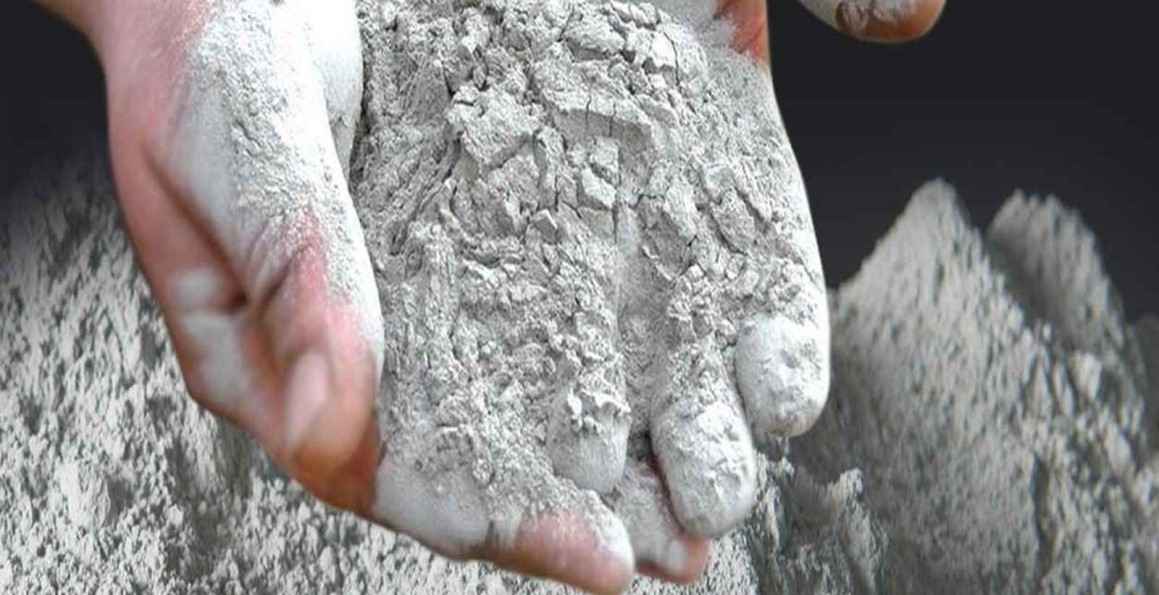
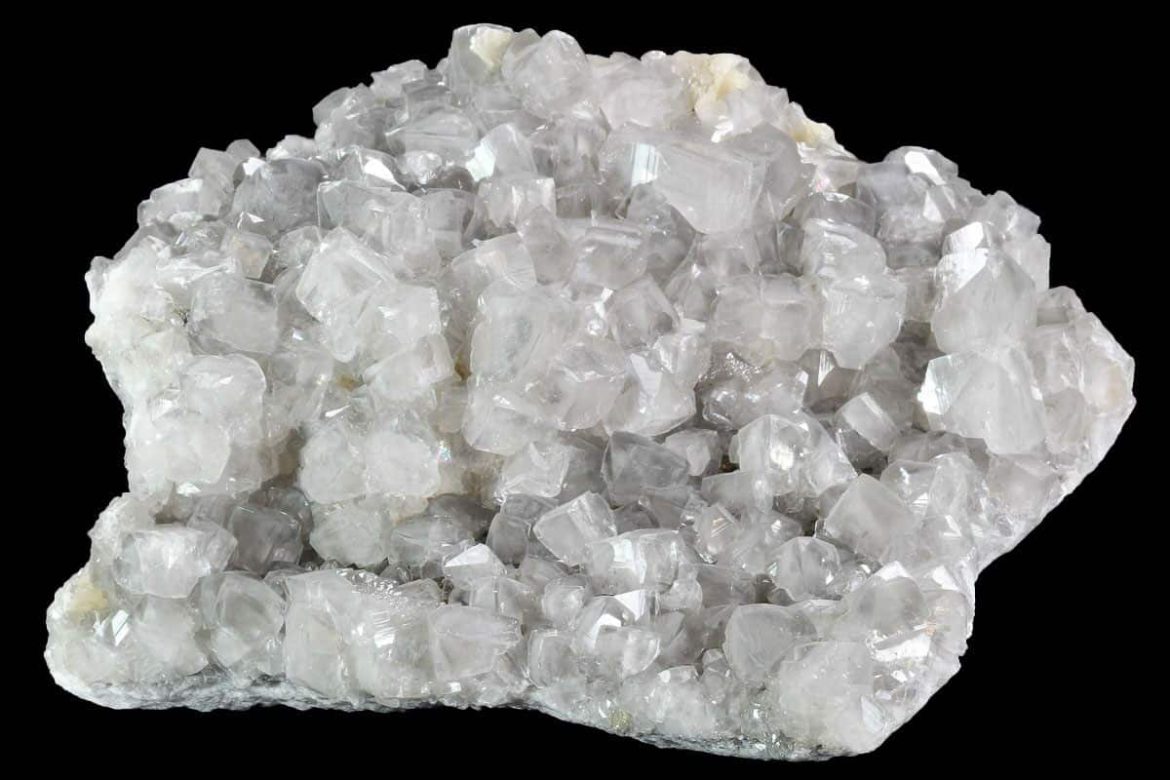
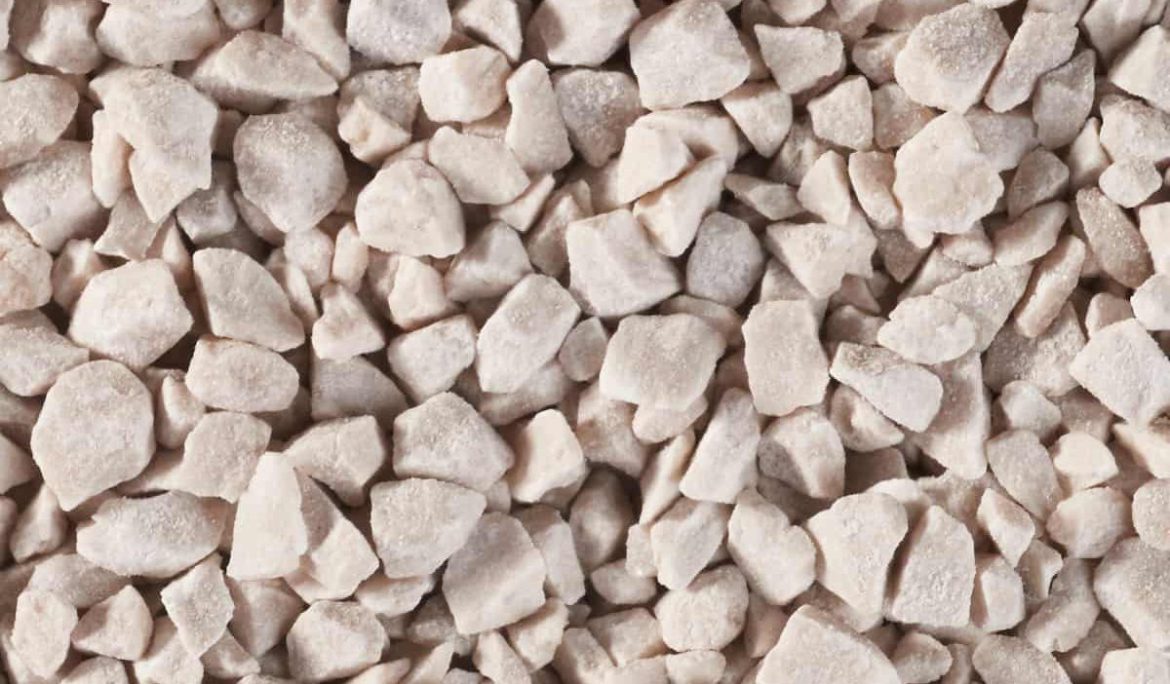
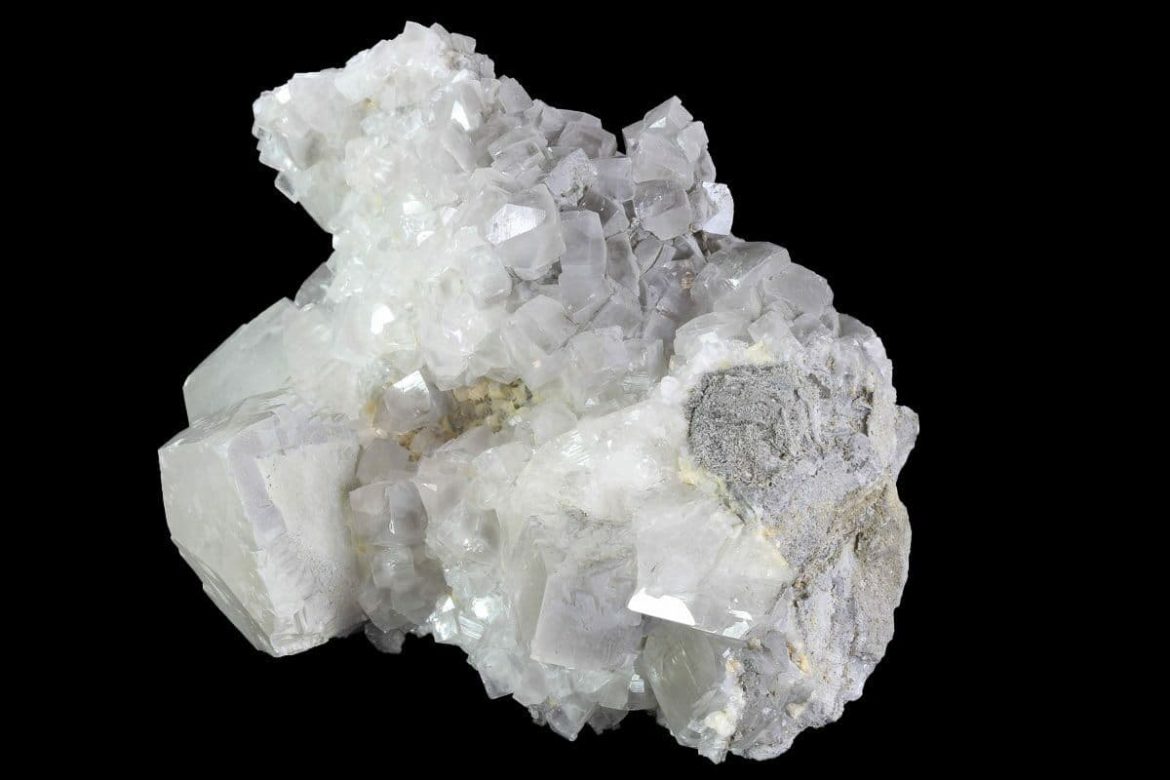
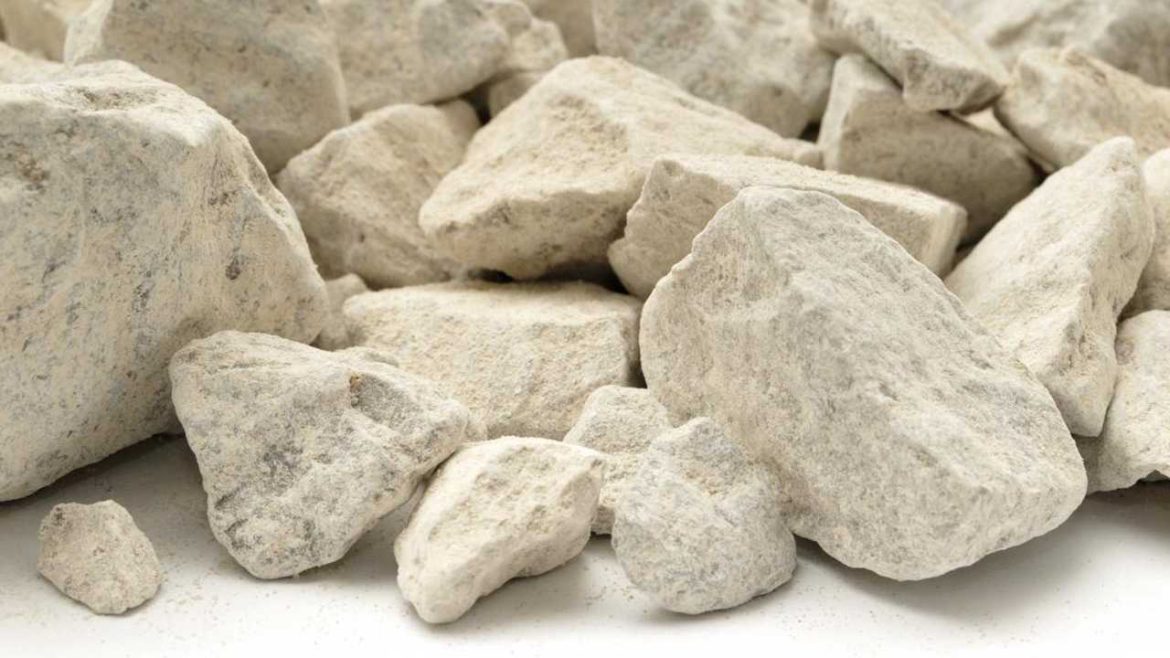
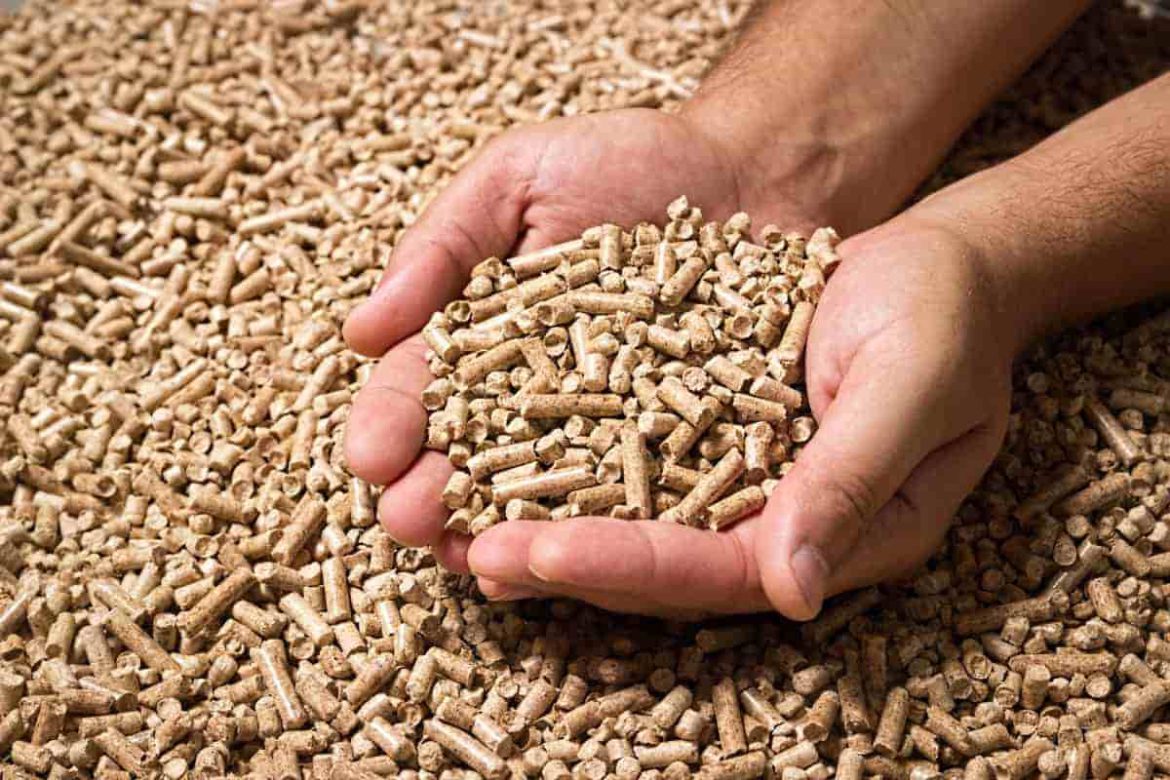
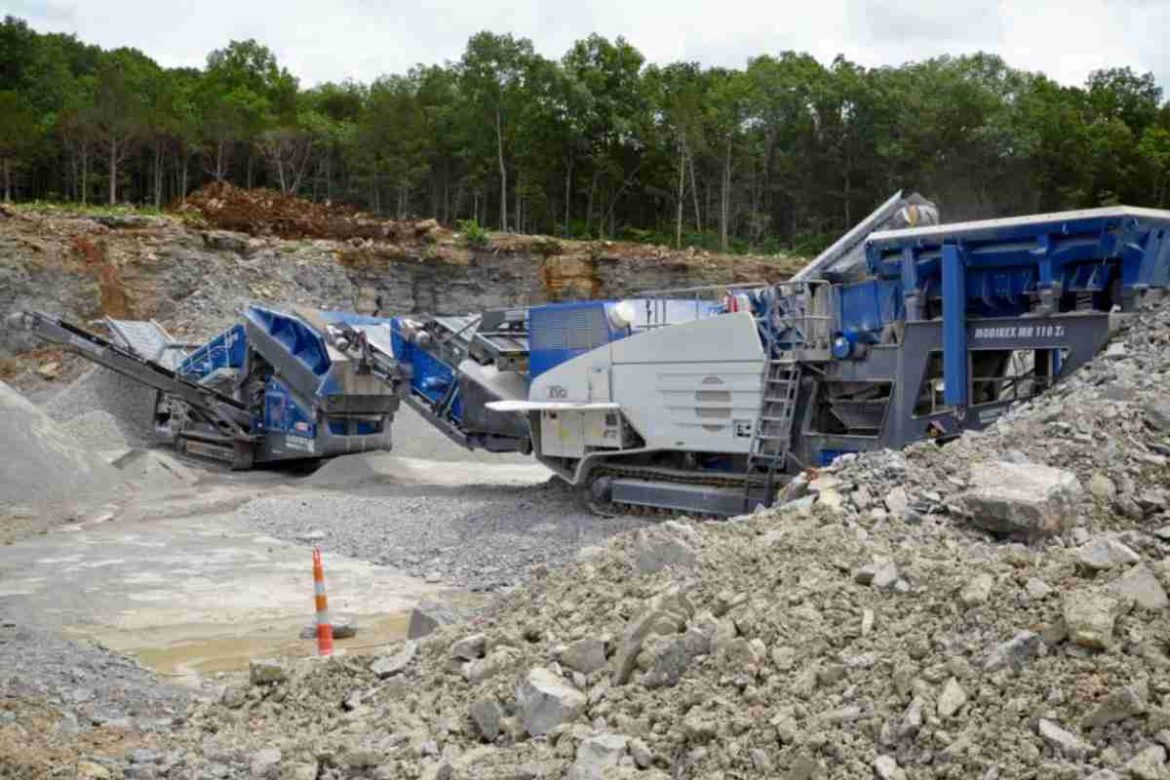
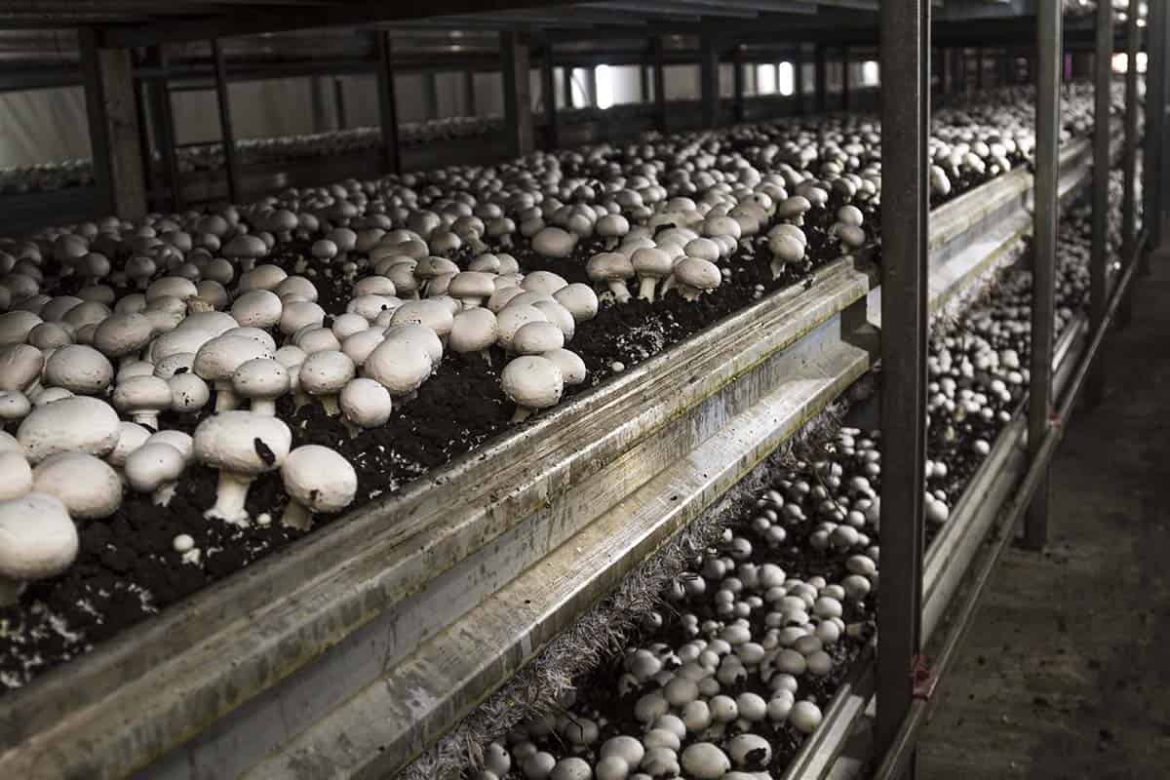
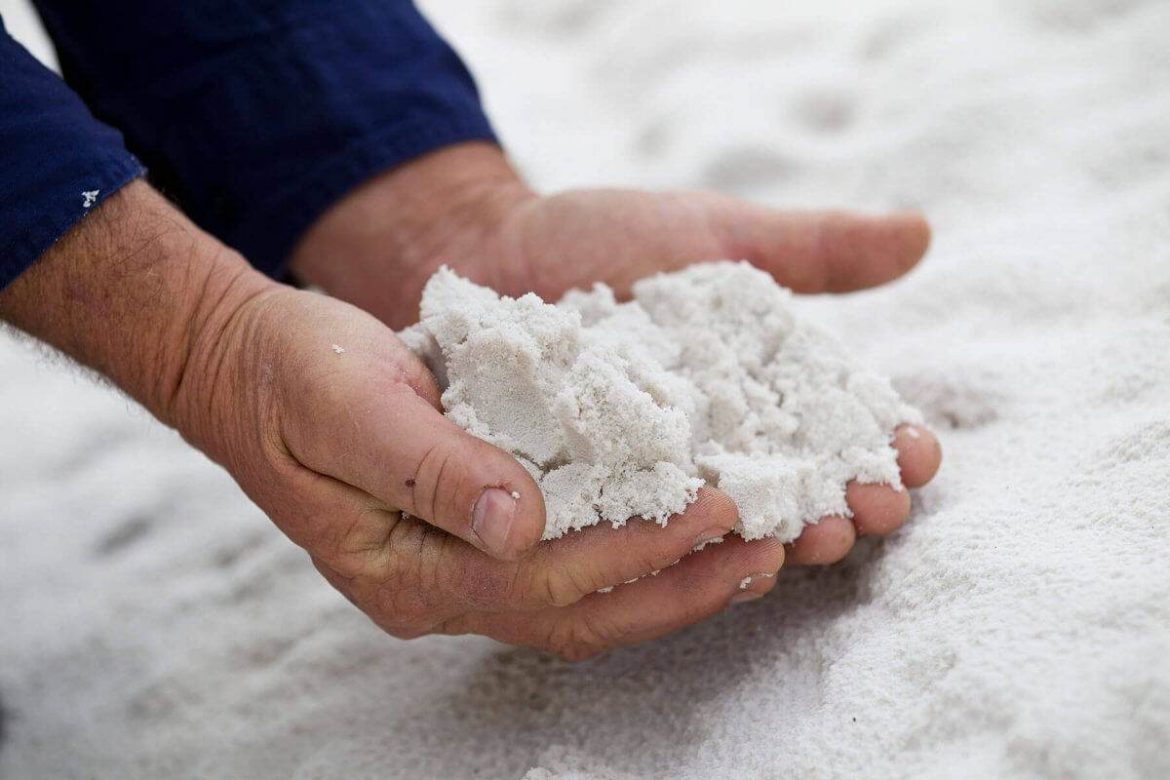
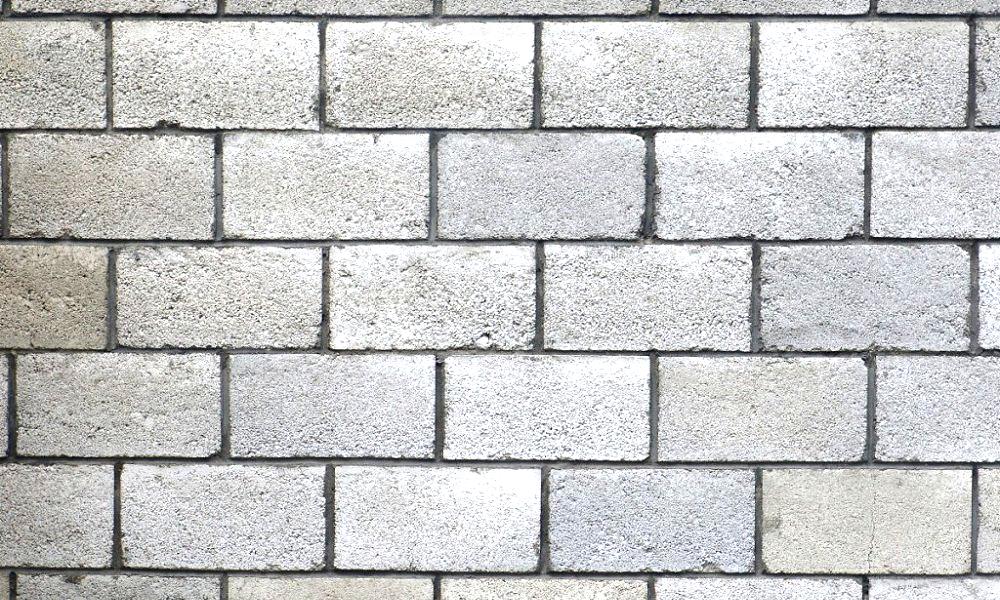
Your comment submitted.